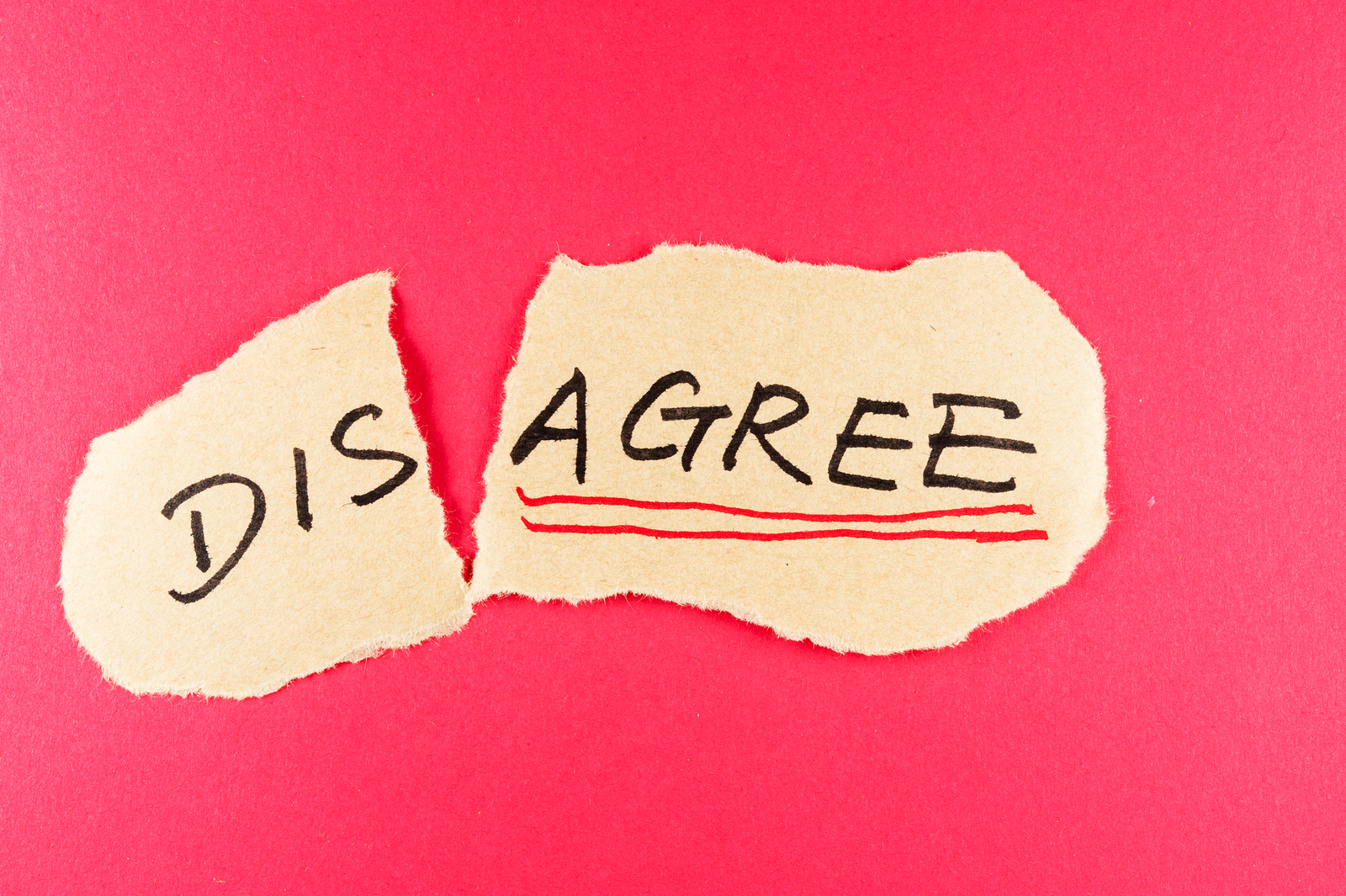
This past week, I was asked to view the tape of a prospective client who was recently interviewed about a scandal in her life. When the interviewer asked her, “Is X upsetting to you?” She replied, “Absolutely not!”
Um….wrong response.
Why? Because when you categorically deny something that people are already having trouble accepting, they can no longer ‘hear’ you. They write you off as delusional, or misguided.
What advice did I offer?
I sent a note saying that, were she to become my client, my recommendation would be to respond to the question about X situation as follows:
“I absolutely understand why you’re asking me that question and—before it happened to me—I would have said, ‘yes, it is upsetting’. What I’ve come to understand, however, is that X is something that has the potential to work to benefit me if I learn from it.”
Make sense?
And, more importantly, how can this approach benefit you?
Well, the next time someone confronts you about X, Y, or Z, my recommendation would be to that you tackle it the same way:
- Validate the question: “I absolutely understand why you’re asking me that.”
- Walk people through your thinking: “Before it happened to me I thought X…BUT now that it’s happened I think Y..”
- Move along to: PLUS here’s how it’s caused me to grow/change/become stronger
Because people find it far easier to ‘hear’ you if you agree before you disagree.
